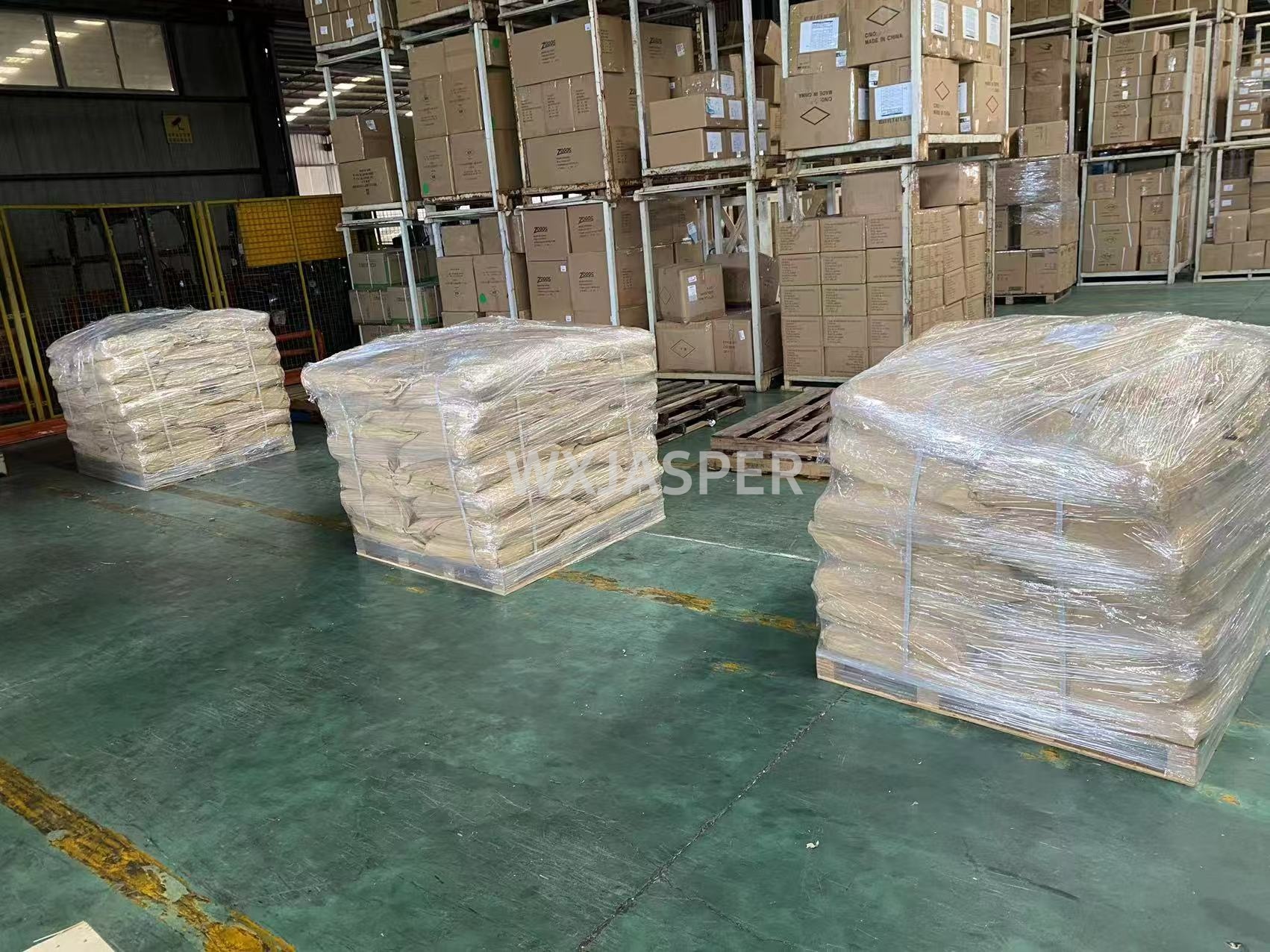Your Location:Home > Products > Solvents > Potassium Malate In-house standard



CasNo: 585-09-1
MF: C4H6O5.2K
Appearance: powder
Delivery Time: 15 days
Packing: 25kg/bag
Purity: 99%
Basic Information
|
Model NO. |
585-09-1 |
Appearance |
powder |
|
Color |
Colorless |
Purity |
98% |
|
Grade Standard |
Industrial Grade |
Specification |
25kg/bag |
|
Transport Package |
Bag |
Origin |
China |
Product Description
CAS No: 585-09-1
Form: Powder
Product Application
Analytical Method Development & Quality Control:
Reference Material for Quantitative Analysis: Used as a primary standard for calibration curves in techniques like Ion Chromatography, Atomic Absorption/Emission Spectrometry, and Capillary Electrophoresis for the precise determination of potassium ions or malate in foods, beverages, electrolyte supplements, pharmaceuticals, or raw materials.
Method Validation & Verification: Essential for assessing the accuracy, precision, linearity, and detection capability of newly developed or existing analytical methods.
Laboratory Quality Assurance:
Proficiency Testing & Inter-laboratory Comparison: Serves as a homogeneous test sample with a known assigned value to evaluate a laboratory's analytical competence and the reliability of its results.
Instrument Performance Verification: Used for periodic checks of the sensitivity, accuracy, and repeatability of analytical instruments (e.g., IC, ICP).
Research & Development:
Degradation Product Studies: Serves as a reference compound in stability testing to aid in the identification and quantification of degradation products in potassium malate or its formulations.
Process Research & Standard Setting: Used to optimize production processes or as a physical benchmark for establishing in-house quality control standards.
Packaging
25Kg/Bag
Storage
Store strictly as per the certificate, typically in the original container, within a desiccator, protected from light, at ambient temperature. Refrigeration may be required for products with specific stability needs.